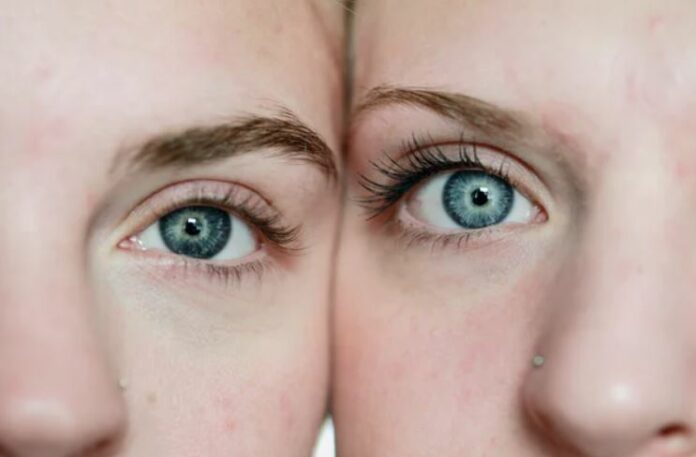Overview Of Eye Health
Your eyes are an important part of your health. Most people rely on their eyes to see and make sense of the world around them. But some eye diseases can lead to vision loss, so it is important to identify and treat eye diseases as early as possible. You should get your eyes checked as often as your health care provider recommends it, or if you have any new vision problems. And just as it is important to keep your body healthy, you also need to keep your eyes healthy.
Exams & Tests
Everyone needs to have their eyesight tested to check for vision and eye problems. Children usually have vision screening in school or at their health care provider’s office during a checkup. Adults may also get vision screenings during their checkups. But many adults need more than a vision screening. They need a comprehensive dilated eye exam.
Getting comprehensive dilated eye exams is especially important because some eye diseases may not have warning signs. The exams are the only way to detect these diseases in their early stages, when they are easier to treat.
The exam includes several tests:
- A visual field test to measure your side (peripheral) vision. A loss of peripheral vision may be a sign of glaucoma.
- A visual acuity test, where you read an eye chart about 20 feet away, to check on how well you see at various distances
- Tonometry, which measures your eye’s interior pressure. It helps to detect glaucoma.
- Dilation, which involves getting eye drops that dilate (widen) your pupils. This allows more light to enter the eye. Your eye care provider examines your eyes using a special magnifying lens. This provides a clear view of important tissues at the back of your eye, including the retina, macula, and optic nerve.
- If you have a refractive error and are going to need glasses or contacts, then you will also have a refraction test. When you have this test, you look through a device that has lenses of different strengths to help your eye care professional figure out which lenses will give you the clearest vision.
- At what age you should start getting these exams and how often you need them depends on many factors. They include your age, race, and overall health. For example, if you are African American, you are at higher risk of glaucoma and you need to start getting the exams earlier. If you have diabetes, you should get an exam every year. Check with your health care provider about if and when you need these exams.



